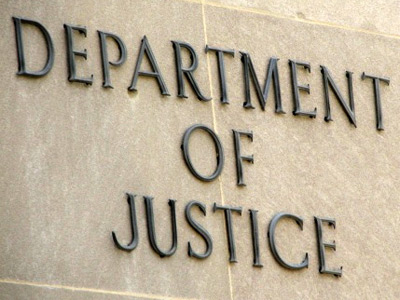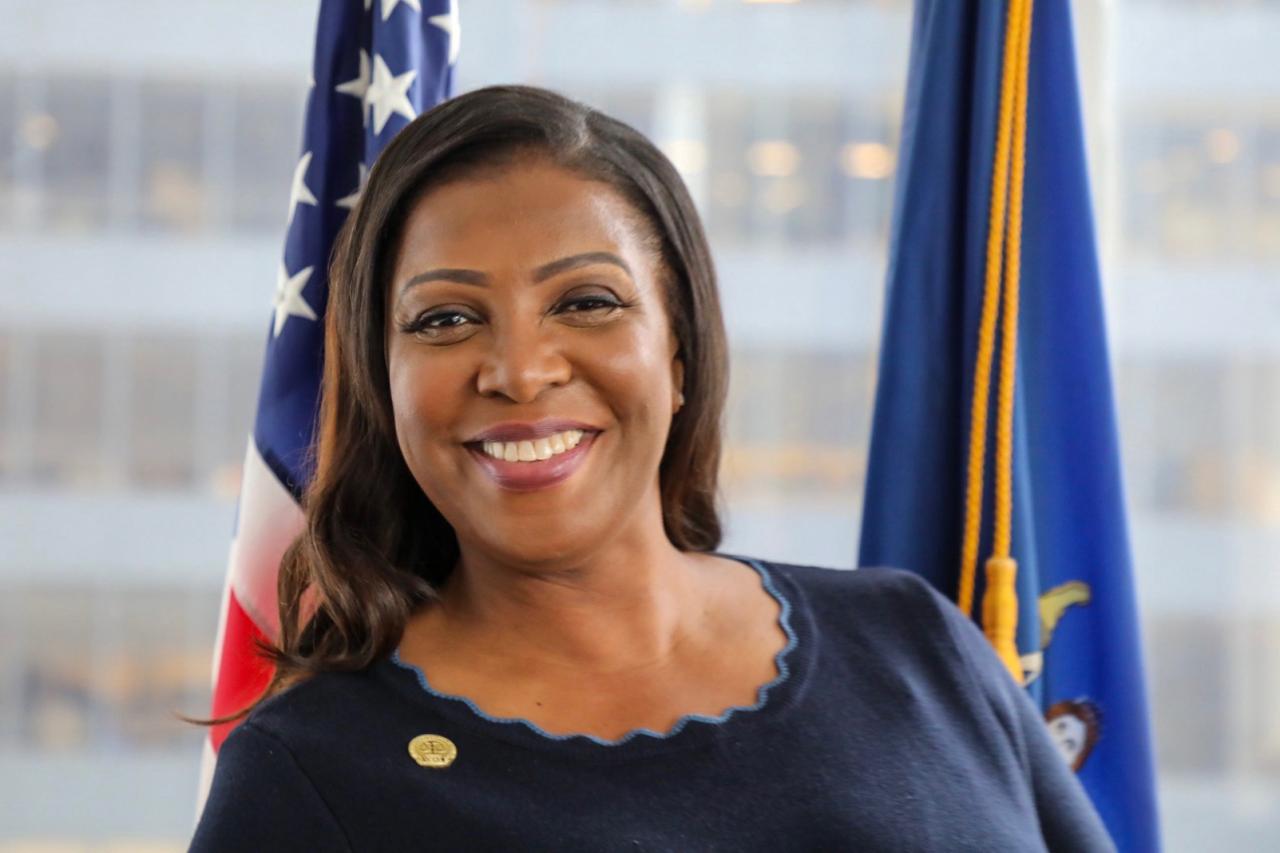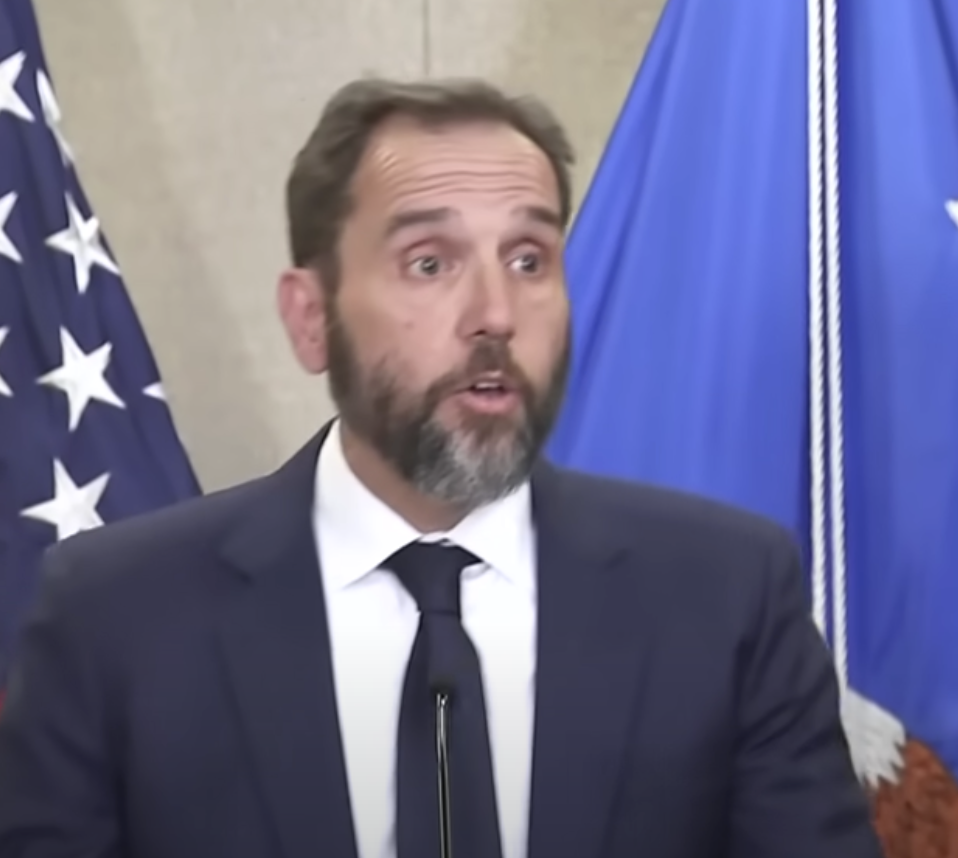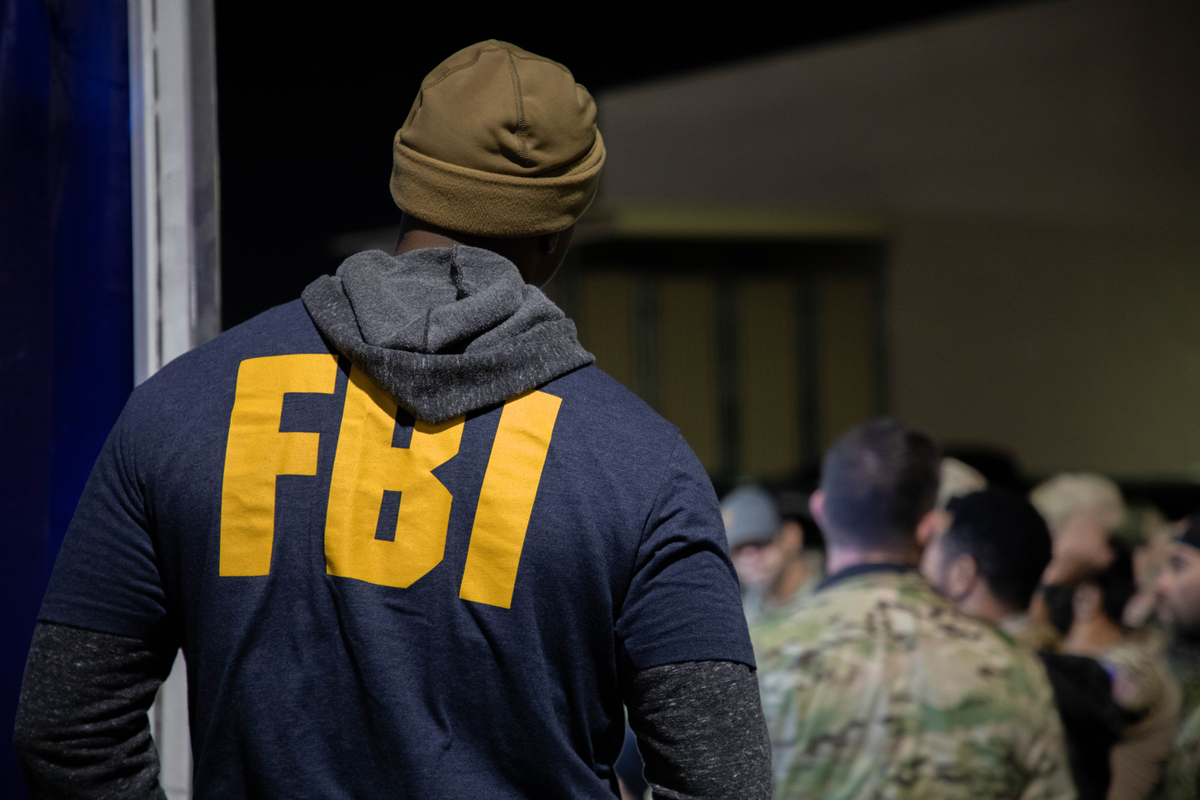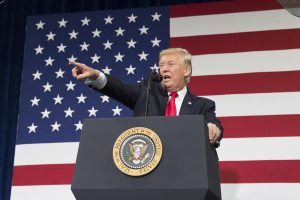
By Steve Neavling
ticklethewire.com
An eight-month special counsel investigation into ties between Donald Trump’s campaign and Russia appears to be targeting the president for obstruction of justice in a case that began with the firing of former FBI director James Comey.
The case against Trump accelerated this week with the revelations that Trump tried to order the firing of Robert Mueller, the special counsel appointed by the deputy attorney general to investigate the role Russia and Trump’d campaign played to undermine Hillary Clinton.
Some legal experts were skeptical that a jury would find Trump guilty of obstruction of justice because the charge requires “corrupt” intent.
But minds are changing following explosive revelations that suggest the president was motivated by a desire to protect himself and his associates from criminal charges, Renato Mariotti, a former federal prosecutor who handled many obstruction cases, wrote for a column published Friday by Politico.
Trump has repeatedly dismissed the investigation as a “witch hunt” directed by biased FBI officials.
“We have since learned of very substantial additional evidence that would rebut that defense, or a defense that Trump didn’t understand the consequences of firing Comey,” Mariotti wrote. “While that evidence is indirect, Mueller could argue that we can infer Trump’s intent from that evidence, which is how prosecutors typically prove a defendant’s intent.”
Trump hurt his case when he told NBC’s Lester Holt that he had planned to fire Comey even if his attorney general, Jeff Sesions, and Deputy Attorney General Rod Rosenstein, declined to recommend Comey’s termination, citing “this Russian thing” as the motive for firing the FBI director.
Trump also ordered White House Counsel Don McGahn to pressure Attorney General Jeff Sessions not to recuse himself from the Russia probe. The New York Times reported that Trump responded angrily when McGahn failed to persuade Sessions to stay on the case, despite allegations that the attorney general had implicated himself in the case by meeting with Russian officials and failing to disclose the interactions.
Trump wouldn’t drop the issue and yelled at Sessions, accusing him of “disloyalty” for recusing himself in the Russia investigation.
“On its face, it corroborates Comey’s testimony that Trump wanted “loyalty” from him,” Mariotti wrote. “It is also a very odd reaction by Trump to recusal, which Sessions was advised to do and is a routine practice when there is a potential conflict of interest or an appearance of a conflict. Mueller could argue that Trump’s intense anger was due to his fear of the investigation and desire to impede it.”
Unwilling to let the issue go, Trump asked Comey’s replacement, acting FBI director Andrew Mccabe, whom he voted for in the 2016 presidential election. Trump staffers also said the president often complained that Comey was a Democrat, which backs Comey’s claims that Trump was searching for a new FBI boss who would be loyal to the president.
Trump didn’t stop there and urged Sessions to pressure new FBI Director Chris Wray to fire McCabe, who refused and said he would resign if asked to do it again. The discovery makes McCabe a witness in the obstruction of justice case.
Then in August, Trump lobbied Sen. Thom Tillis to kill proposed legislation intended to protect Mueller from being fired by Trump. The legislation was shelved.
On Thursday, the New York Times reported that Trump ordered the firing of the special counsel because of “conflicts of interest.” McGahn, the head attorney for the White House, said the case was weak and could easily backfire and lead to catastrophic consequences for the presidency. When McGahn threatened to resign rather than pursue the firing, Trump reportedly backed off.
The president also considered another route to fire Mueller, which would have required the firing of Rosenstein, who appointed the special counsel in May.
The Times wrote that Trump had mulled the firing for several months, prompting an “omnipresent concern among his legal team and close aides.”
“Trump’s desire to fire Mueller despite knowing that firing a law enforcement official overseeing the Russia investigation could raise obstruction concerns is strong evidence that Trump’s intent was to obstruct the investigation,” wrote Mariotti, who originally was skeptical that an obstruction of justice case would be successful. “The excuses offered by Trump also bolster Mueller’s case, because they indicate that the president realized that firing Mueller to impede the investigation would be perceived as wrongful.”
Mariotti said the recent revelations “greatly strengthens the case that Trump had ‘corrupt’ intent when he fired Comey.
Trump said earlier this week that he “looks forward” to being interviewed by Mueller because he has nothing to hide and did nothing wrong.


